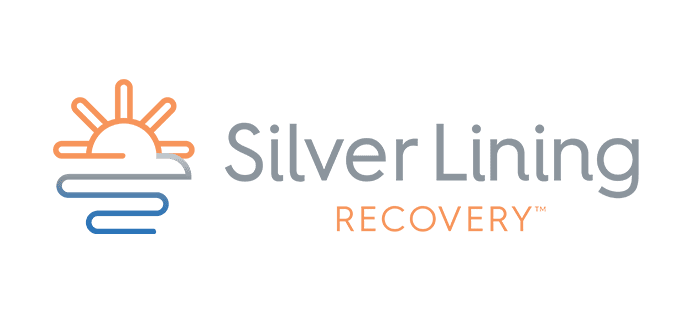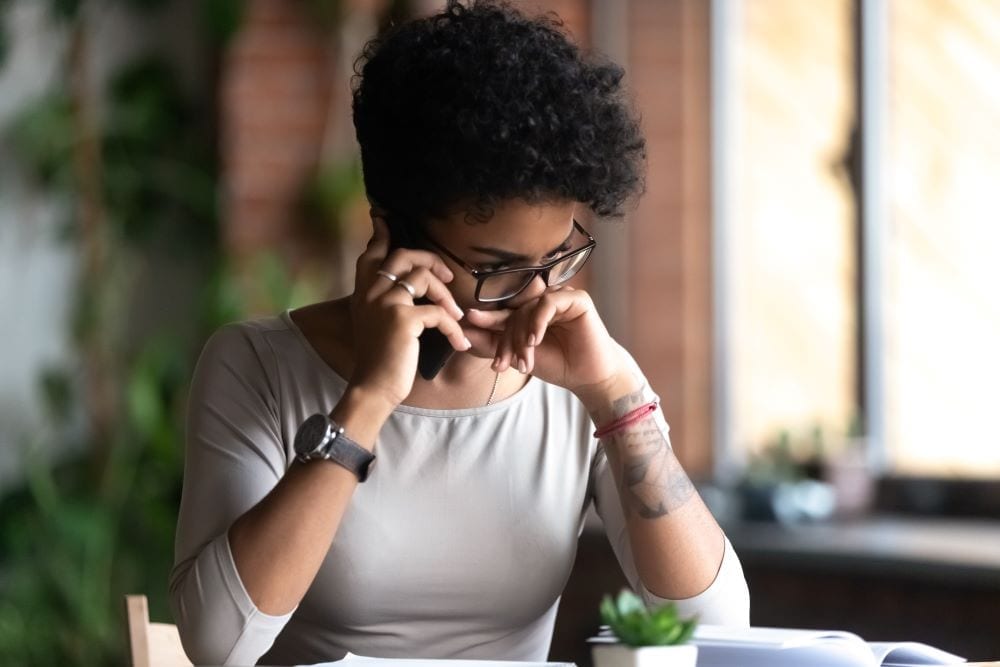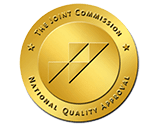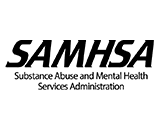The current pandemic we are experiencing is leading to increased stress and anxiety in others. When you do not know who to turn to, there is always a mental health hotline to call. If you are experiencing the stress of job loss, loneliness, substance abuse, or fears of getting sick or dying, the mental health hotline will put you on the phone with someone who can point you in the right direction.
How to Know If You Should Call
A mental health hotline can be called if you are merely seeking information or if you are calling about someone in particular (whether it is yourself or someone else). One reason to call a mental health line is if you would like guidance on mental health issues and the effects it can take on you or your loved ones.
A second reason could be if you are calling for support about a friend you are concerned about because of their mental health symptoms. Hotlines could also provide you with information about treatment options you may not have been aware of. You can also get information regarding different therapy techniques, and might even be linked to therapy centers.
What to Expect From the Call
When you first call the hotline, someone will look over the immediacy of your call. It is no different if you go to the emergency room and that staff needs to examine how dire the situation is for your case. If it is not so urgent, you will be connected to a therapist. Then, the therapist will talk to you about a list of options for reducing your anxiety. The person who answers the phone will understand that this is a difficult phone call for you to make and that this must have been something you thought about a lot.
The hotline worker may ask you what inspired you to call. It could be that something different happened to you today or something new has occurred like a thought or something you have seen on social media. You also may be asked what you need for someone to get matched with the best resources. You also may be asked where you live and if you have transportation to know how to better help you.
How to Prepare for the Call
Mental health hotlines are meant to be called in the moment when you are really seeking help. Many callers do not have time to prepare. However, you can do this by taking a moment to jot down your immediate concerns. If you are very emotional, it may be hard for you to remember what is said during the call. That is why it is important for you to have a paper and pencil handy for taking notes.
You should have an idea of what has been occurring with you, such as if you are experiencing anxiety and how it is playing out. You may also be asked questions that may seem awkward or uncomfortable to answer, which is fine. Luckily, the person you are speaking to has experience dealing with these situations, which gives them the ability to empathize and help you. Remember that the workers on the phone also may have had similar life experiences that led them to volunteer or work with the hotline. This will help the two of you better relate to each other during the call.
What a Hotline Can and Cannot Do
If you are in need of immediate intervention, such as if you are experiencing suicidal thoughts or self-harm, it is best to bring yourself to an urgent care center immediately. The mental health hotline can provide you with helpful advice for immediate issues.
The advice given right now would be very generalized since there is so much about this virus we do not know about. Hotlines are not intended to replace long-term therapy. They are for the purpose of getting you through a crisis you are currently dealing with and providing you with the resources to obtain long-term care options.
The hotline is not going to make you do anything; what to do with the information they provide is ultimately the decision of the caller.
Suicide Hotline Faces Crisis During Coronavirus Pandemic
The coronavirus pandemic has been putting a lot of people into a tailspin. Many people are confused about what to do and what their future will be like going forward, causing people to develop suicidal thoughts. Didi Hirsch’s Suicide Crisis Line, one of the largest suicide call centers in the U.S., has been getting an increasingly large number of phone calls in relation to the current pandemic.
Didi Hirsch’s Suicide Hotline
Set in Los Angeles, Didi Hirsch’s Suicide Hotline counselors have provided comfort to thousands of people who call the Disaster Distress Hotline and the National Suicide Prevention Lifeline. They take about 130,000 calls and chats per year and have helped callers during recessions, hurricanes, and the death of loved ones. This agency has locations throughout Los Angeles and Orange counties. For those who need more support, there are licensed clinicians who provide short-term individual and family therapy to help people cope with loss and develop strategies to keep themselves safe. There is also special training for healthcare workers, first responders, therapists, social workers, counselors, psychologists, and more. There is always someone there to speak to; either through the phone or via electronic means (text or chat).
Where You May Call
You can call the Substance Abuse and Mental Health Services Administration’s National Helpline. It is a confidential and free helpline open 24 hours a day. This service can refer you to local treatment centers, support groups, and community-based organizations, and is able to order free publications for you.
If you prefer texting, you can text TALK to the Crisis Text Line for confidential support. By reaching out to a mental health hotline, you are taking the first step towards getting control of your mental illness while at home.
For ongoing care for mental health and/or substance abuse issues, Silver Lining Recovery in Huntington Beach can help. We believe the most effective way to treat addiction is to find the underlying cause of it and offer professional help. We offer customized treatment programs with a variety of therapy options. Our knowledgeable and experienced counselors can help you uncover your true and healthy self. Call us today at (833) 844-4769 to learn more.







